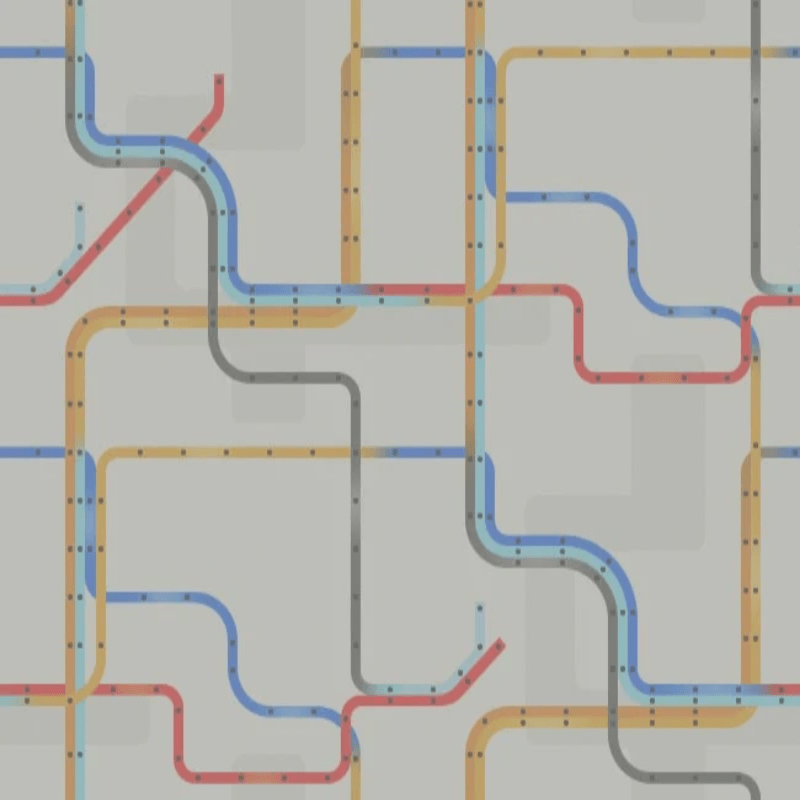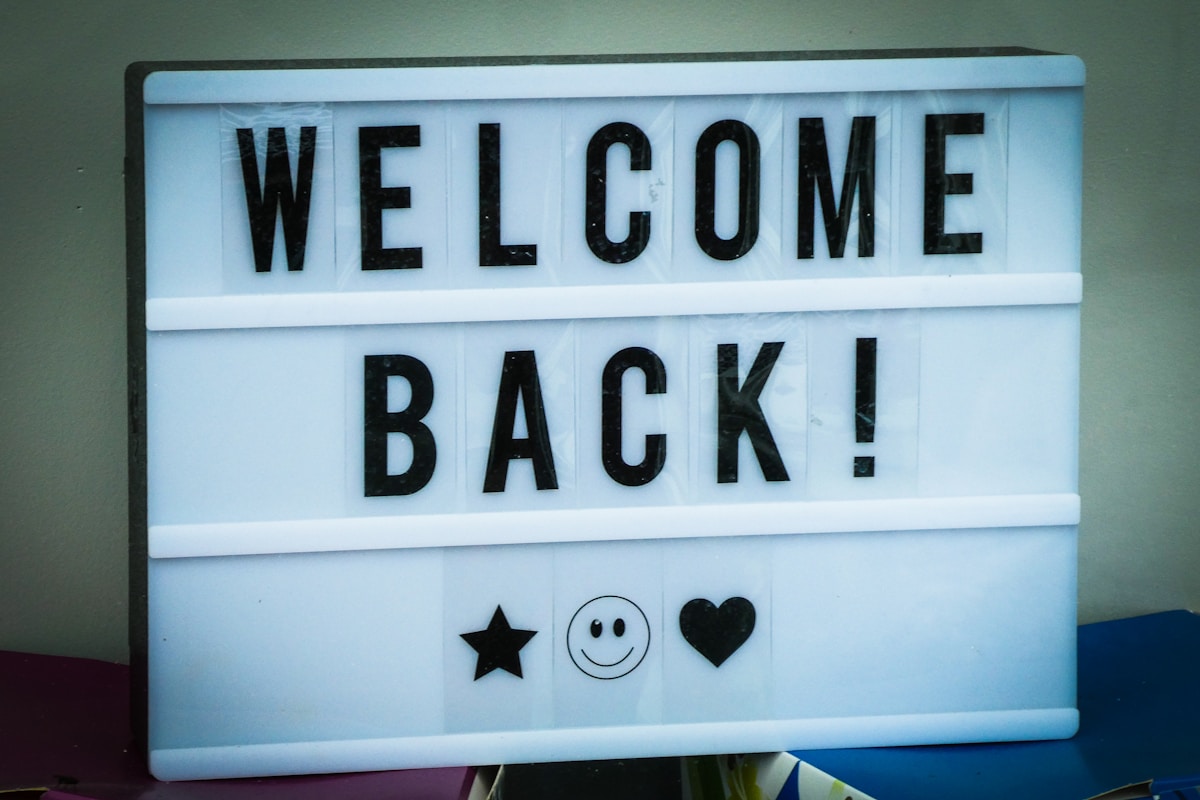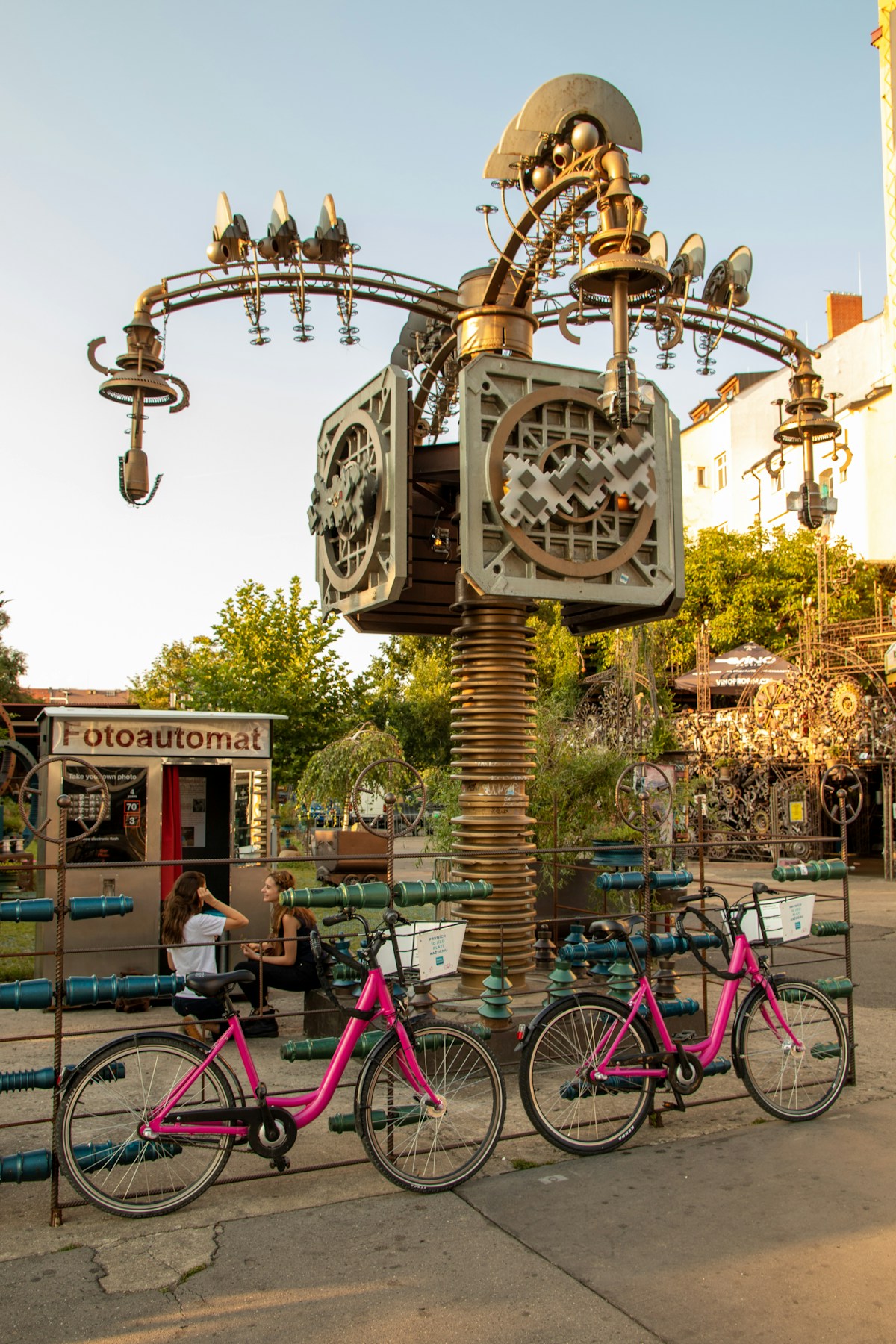





WORKSHOP 2
Future scenarios - building pathways
towards a desirable future
A guide to the optional 2nd workshop
Quick check
Please make sure you have these things ready before people arrive
1The Scenario Board
Please lay out the Scenario Board that you prepared before the workshop. This will remain in one place throughout the workshop so that people can add their thoughts to it. Ideally, it will be on a table or board that people can gather around, but if that’s not an option you can put it on the floor or pin it to a wall.
2Lay out some pens and paper
Organise a selection of pens, coloured post-it notes (or pieces of scrap paper are fine) and notepaper to be available ready for the participants. Please use a different colour for each exercise so that the analysis team can match the responses to the specific questions.
3Plan how to use the space
If your group is larger than 10, you will need to divide people into groups of around 5 for some exercises. Have a look at the space and think about how this will work best.
Workshop Overview
The main workshop components

Summary
In this workshop we are using scenarios to explore how people can build resilience and agency in their local communities to shape a future direction of travel for Scotland.
Time: 2 hours
Exercises included: 1,2

Aims & Objectives
Overall the goal is to answer 3 questions (Q1 is repeated from Workshop 1 to build more depth):
- Q1: What kind of future does the community want to work towards?
- Q2: What does the community already have that can be built on?
- Q3: What else does the community need?

Suggested outputs
We woud suggest that you complete the facilitator feedback form to capture the overall responses to the 3 questions listed above.
If possible, we would suggest asking someone to help you to capture what is said during the workshop and to take pictures of post-it note responses after each exercise.
Sections to deliver
The workshop is divided into 6 sections
1. Welcome back
Welcome the group and thank them for returning for a second workshop. Let them know that for the next two hours you are going to work through some scenarios and questions with each other.
This workshop is more open and unstructured so you might need to encourage quieter members of the group to share what is coming up for them.2. Warm-up (10 mins)
Take the participants through Rob Hopkin’s Time Machine Visualisation.
Ask people to split into pairs, stand in a line (shoulder to shoulder) and close their eyes;
- Explain to the group that they are going to use their imagination with all its senses, sight, smell, sound, feeling. Explain that we have a time machine and when we turn it on we are going to travel forward 10 years, to Scotland in 2033. They are not going to a utopia. They are travelling to a future where the 10 years between now and then saw the most remarkable social and economic transformation in history. Climate and biodiversity have started to repair, industries have been transformed and Scotland is proud to be one of the most inclusive and diverse countries in the world;
- Ask everyone to take a step forwards to signify moving forwards in time to that moment in the future;
- For 2 minutes ask people to sit in silence and reflect on what they see in this future;
- Then, keeping their eyes closed invite them to share with their partner what they saw;
- Ask the group to come back together and to share what they experienced.
3. Exercise 1: visualising possible scenarios (55 mins)
This exercise is baed on Question 1:
What kind of future does the community want to work towards?
Introduce the Scenario Board and explain that you will be using it to frame possible scenarios for this specific community. The reason for giving some boundaries is to keep the conversation focused and to help compare the outputs between different communities.
- In the full group, spend 10 minutes visualising a future scenario in each of the quadrants (40 mins in total). Ask the participants to imagine themselves going through a day in their life in this new scenario. What would they feel like? What would they be doing for work? What would their family be doing?
- 10 minutes - Go around the group and ask people to share what they think will be happening in their community and personal lives. Ask people to note down any strong feelings or intuitions and place them on the Scenario Board.
- 5 minutes - write down the main elements of a scenario that they would realistically like to aim for.
4. Exercise 2: creating an inventory of existing and required resources (40 mins)
This exercise is based on Questions 2&3:
What does the community already have that can be built on?
What else do they need?In the full group, spend 10 minutes exploring what the community already has in place that can provide the foundations for a stronger future (e.g. good schools, shared outdoor space);
- Ask everybody individually to think if there is an issue that they feel drawn to act on? Ask people that have one to write it on a post-it and place it on a clear area of the table;
- Cluster the issues into logical themes and select 2-3 to work on as a full group;
- Spend 10 minutes brainstorming pathways to begin addressing the issues. Discuss what is already happening in the community that could help with the chosen issue? What else would they need? What are the seeds that are already planted?
- 10 minutes - draw up a two column list to summarise the discussion: (a) what does the community already have that can be built on? (b) What else do they need?
5. Wrapping up: what are people leaving with? (10 mins)
Spend 10 minutes helping people to digest what came up for them in the workshop.
- Give people 5 minutes to reflect on the following question: whilst thinking about Scotland’s future, what has come up most strongly for you?
- Please ask participants to place these thoughts on a table or board next to the question.
6. Check-out (5 mins)
Thank everyone for their time and let them know the following:
- If they would like to give any feedback from their experience of participating in the workshops (good and bad) then we would really welcome it.
- Once again, we will feedback the outcomes to the Scottish Government if the workshop happens within the review timeframe. If not, we would strongly encourage participants to communicate their views to their MSP.
©Dark Matter Labs 2023








